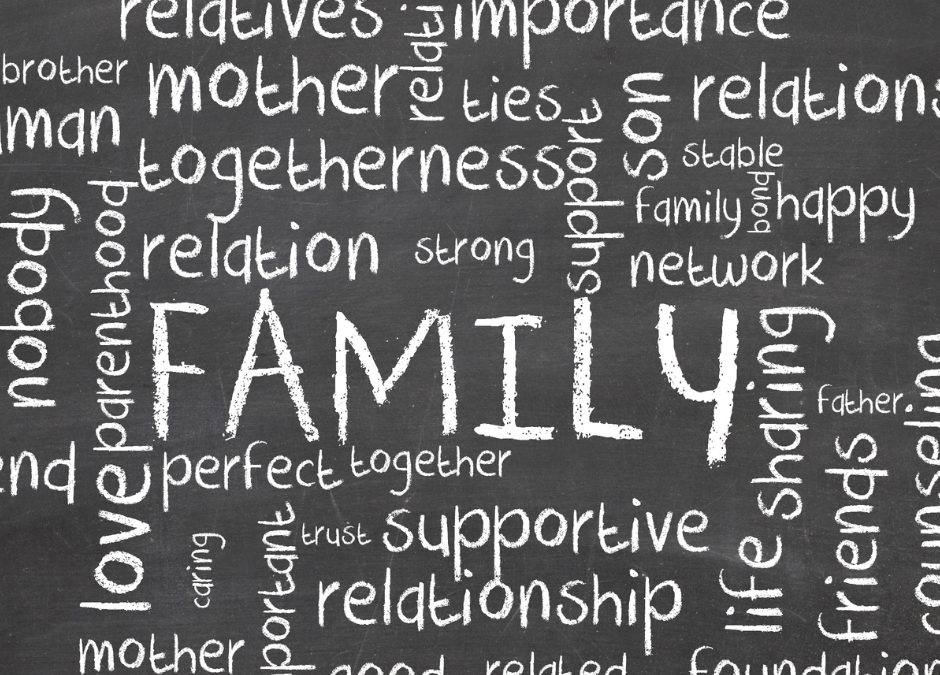
5 Steps to Talking About Emotions with Your Significant Other

Communication is Vital in Any Relationship
Communication is so vital in any relationship. In a romantic relationship, being able to communicate what you’re feeling is absolutely crucial. It is the bridge that binds two hearts together. Unfortunately, most of us could be better at expressing how we feel. Amidst the myriad of topics that we discuss with our significant other, the one that tends to be most elusive is emotions.
The depth of our feelings, the magnitude of our vulnerabilities, and the subtle shades of our mood often remain unvoiced or misunderstood, leading to unnecessary misunderstandings and conflict. Even saying “I love you” can feel complicated sometimes, even though you know you have strong feelings for the other person. The problem? Vulnerability is hard. When we’re open about how we’re feeling, we also open ourselves to the possibility of rejection. However, emotions form the core of our being and need to be discussed, acknowledged, and understood.
So, how can you learn to talk about your emotions with your significant other?
Start with Setting Time Aside to Talk
We will talk about being prepared and knowing ourselves in a minute. Still, first, you want to avoid unexpectedly springing this kind of conversation on the other person. You’re more likely to have a more successful conversation if you plan ahead. Let the other person know you want to talk and follow through by setting aside time where no one will be distracted. Try to do this in a quiet place to gather your thoughts properly. Having some idea of what you want to say is always better than just ‘winging it.’ You don’t need to write a speech or even rehearse, though. Just having a clear idea in your mind about what you want to say is enough.
So, how can you learn to talk about your emotions with your significant other?
Be Prepared
1. Cultivate Emotional Self-Awareness:
The first step to having a meaningful conversation about feelings is understanding your emotions. Emotional self-awareness refers to recognizing and understanding your own feelings. It’s about being aware of your feelings, why you feel that way, and how it can affect your behavior. Emotional self-awareness is a critical aspect of emotional intelligence and is the starting point for your emotional communication journey. It involves recognizing, understanding, and managing your own emotions. Here are some detailed steps to enhance your emotional self-awareness:
2. Practice Mindfulness
Mindfulness is about staying present in the moment and observing your feelings and thoughts without judgment. It’s about detaching from your emotions to observe them as an outsider. Regular practice of mindfulness, which can be through meditation, yoga, or simple breathing exercises, can help you discern your emotional patterns, thereby improving your emotional self-awareness.
 3. Keep an Emotion Journal:
3. Keep an Emotion Journal:
Writing about your emotions can be a cathartic process that helps you understand your feelings better. An emotion journal involves documenting your feelings and the circumstances that led to these feelings at different points of the day. Over time, this journal can help you identify patterns in your emotional responses and understand the triggers that lead to specific emotions.
4. Engage in Self-Reflection:
Take out time from your routine to reflect on your feelings. Ask yourself questions like, “What am I feeling right now?”, “Why am I feeling this way?” and “How am I reacting to these feelings?”. This process of self-reflection can bring clarity and deepen your understanding of your emotional landscape.
5. Practice Emotional Labeling:
Accurately labeling your emotions is a significant part of emotional self-awareness. Rather than using broad terms like happy, sad, angry, or stressed, try to use more specific words to describe your feelings, such as frustrated, content, anxious, or excited. This process, known as emotional granularity, can help you understand the nuances of your emotions better.
6. Seek Feedback from Others:
Sometimes, others can provide a perspective on our emotional responses that we may overlook. Seek feedback from people you trust and who know you well. Ask them about their observations of your emotional responses in various situations.
7. Seek Professional Help:
Sometimes, understanding your emotions can be challenging. In such cases, seeking help from a trained professional, such as a psychologist or a counselor, can be beneficial. These professionals can guide you through your emotional journey and provide tools and techniques to enhance your self-awareness.
Cultivating emotional self-awareness is a journey that requires patience and dedication. But practice can help you understand yourself better, improve your relationships, lead to personal growth, and help you express yourself accurately in your conversations.
Create a Safe Space
Once you have a grip on your feelings, it’s time to create an environment that fosters open and honest communication. A safe space is where you and your partner can share your feelings without fear of judgment or dismissal. This means actively listening, showing empathy, and providing reassurance that their feelings are valid and vital.
Creating a safe space involves:
- Respecting each other’s emotional boundaries.
- Offering reassurance.
- Communicating with kindness and patience.
Building this environment may take time and effort, but it is essential for emotional conversations.
Talk About Yourself
It’s best to focus on yourself whenever you’re conversing about what you’re feeling. When expressing emotions, it’s vital to frame your feelings as experiences rather than attributing them to your partner’s actions.

This is where ‘I’ statements come into play. They allow you to express your feelings without blaming or criticizing your partner.
Explain the emotions you’re experiencing without blaming or aggression. For example, use “I” statements such as “I have been feeling frustrated lately” over “You” statements like “Lately, you make me frustrated.”
Instead of saying, “You make me feel neglected,” try saying, “I feel neglected when I don’t hear from you all day.” This way, you focus on your emotions rather than accusing your partner. This can help prevent defensive reactions and promote understanding.
The framework for an I statement is straightforward. You can fill in these blanks: I feel ______ when _____. Next time, I would like _________.
Detail Your Experience & show Empathy
Don’t just leave the conversation on what emotion you’re feeling. Instead, discuss what led to this emotion and what you would like. Again, be as specific as possible. Whether you brought the subject up or if you are hearing how your partner is responding, having a conversation is a two-way practice. Our listening skills and demonstration of empathy are critical to accomplishing the goal of understanding and meeting our needs.
The other person might be unhappy to hear what you have to say. Pay attention to their body language and express an understanding of what they’re feeling. Remember, this is supposed to be a conversation, so invite them to share their thoughts and feelings. Be sure to practice being a good listener while they’re doing the talking.
Practice Active Listening
Active listening is a crucial step in discussing emotions. It involves fully focusing, understanding, responding, and remembering what is said. This isn’t just about hearing the words but also about understanding the emotions behind them.
Resist the urge to interrupt, judge, or offer advice unless it’s asked for. Instead, offer acknowledgments and ask open-ended questions (What and How) to show your partner that you’re engaged and interested in understanding their feelings.

Remember, your role is to understand their emotions, not to fix them.
Create the Desired Outcome
Why is it essential for the other person to know you feel this way? Are you explaining to clear the air? Are you hoping for support? Are you looking for your significant other to do something different in the future? If you’re unsure what you’d like to happen next, it’s okay to say this too. Then, you and your partner can brainstorm ideas regarding the next steps. The key here is to work together on these outcomes.
The best part about having these sorts of conversations is they open you to create a closer relationship with the one you love. Vulnerability is essential to intimacy and helps keep things from festering or creating a wedge between you. So, as you move forward with your significant other, have these conversations regularly.
Seek Professional Guidance if Needed
Sometimes, even with the best intentions and efforts, emotional conversations can become challenging or not lead to the desired understanding. This is when it may be helpful to seek professional help.
A licensed therapist or counselor can provide valuable tools and strategies for navigating emotional discussions and can also provide a neutral space for these conversations to take place.

Sharing emotions is a journey of vulnerability and courage, and it’s absolutely okay to ask for help along the way. Discussing feelings and emotions with your significant other is essential for a healthy, empathetic, and understanding relationship.
It may seem daunting but with self-awareness, a safe space, the use of ‘I’ statements, active listening, and sometimes professional guidance if needed, you can create an environment of open emotional dialogue with your partner. And remember, every conversation you have is a step towards stronger emotional intimacy and a deeper bond.











